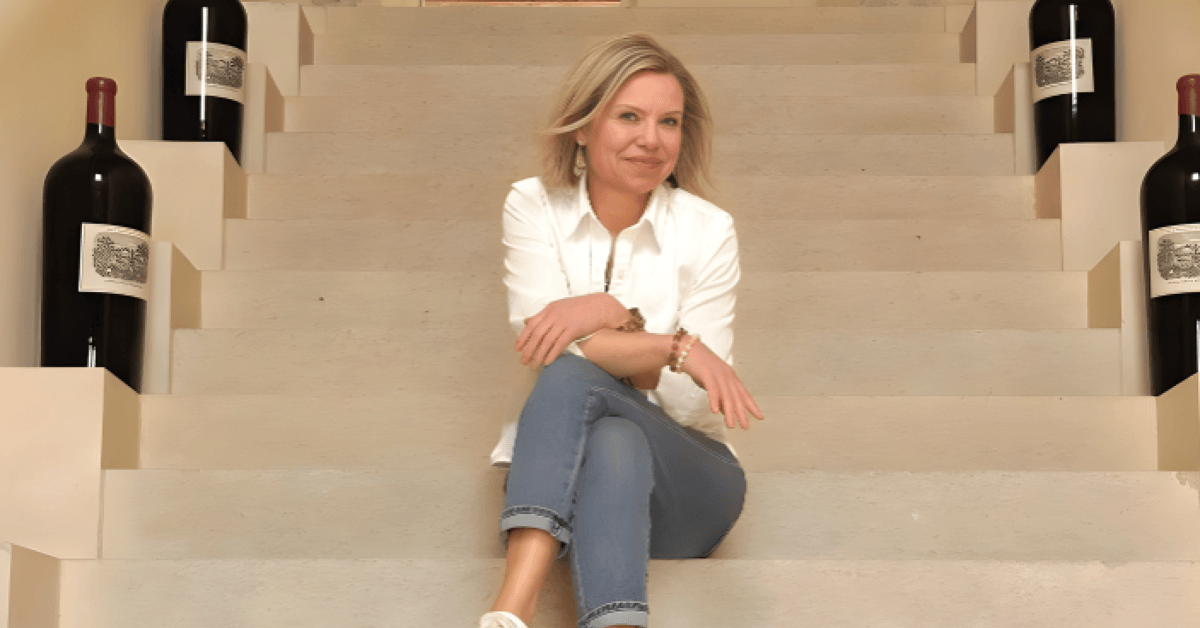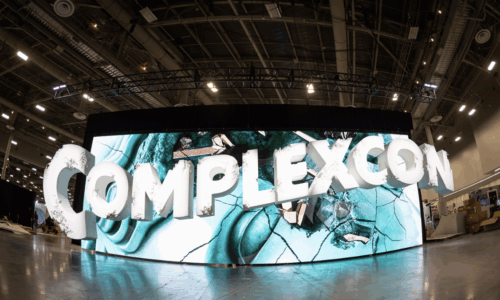Traditional addiction recovery methods often focus solely on stopping alcohol use. However, Colleen Freeland Kachmann, founder of Emotional Sobriety Coaching, takes a different approach. She believes the real issue isn’t drinking itself but the emotions and thoughts that lead to it. Her message is clear: “Get happy, not sober.”
A Different Approach to Drinking
Colleen isn’t your typical addiction counselor. As an intuitive drinking coach and host of the popular, top 1% podcast, It’s Not About the Alcohol, she challenges traditional sobriety culture.
Instead of rigid abstinence, her program helps high-achieving women reduce alcohol consumption by up to 80%. Her approach? She targets the root of the issue: flawed emotional and mental patterns.
“I was a high-functioning daily drinker for about 20 years,” Colleen admits. “Alcohol was the only way I knew how to shut down the noise in my brain.”
But she soon discovered that simply staying sober wasn’t enough to solve the real problem. She realized the key wasn’t removing alcohol but addressing the negative thoughts and emotions that fueled excessive drinking.
Understanding Emotional Sobriety

Colleen’s Emotional Sobriety Coaching focuses on changing internal dialogues rather than eliminating alcohol. She insists that the real solution to alcohol use disorder involves addressing stress, perfectionism, and unprocessed emotions that lead people to drink too much.
Kachmann explains how the solution to alcohol use disorder is a feeling: “When you feel good about yourself, you drink like someone who feels good about yourself.”
Her inventive approach integrates neuroscience, cognitive reframing, and spirituality. Using the latest research in self-directed neuroplasticity—the brain’s ability to form new thought patterns—Colleen’s clients achieve lasting change by focusing on creating solutions instead of fixing problems.
Challenging Sobriety Culture
Traditional recovery programs often rely on strict abstinence, but Colleen challenges this method. Her approach promotes moderation as a valid alternative backed by science. Through her viral quiz, “Do you have a drinking or thinking problem?” she helps women understand whether or not her approach can work for them.
“Alcohol was not my problem. It was my solution,” Colleen reflects. “And thinking it was a problem only made it worse. But moderation is not for everyone. Some people find it easier to just quit.”
This belief forms the foundation of her coaching, where clients learn to build emotional strength and self-awareness so they can follow their own intuition instead of rules that work for other people.
Building a Successful Movement

Colleen’s powerful message has led to a successful seven-figure coaching business. Her relatable and honest perspective has resonated deeply with women who seek to redefine their relationship with alcohol without having to deal with labels or judgment.
“I have built the community of women that I wanted and couldn’t find,” Colleen says about her entrepreneurial journey. “I use my personal experience, professional training and continue to study research in self-directed neuroplasticity, addiction and recovery. As this approach has never been done before at scale, we are collecting data, sharing strategies and learning from what works and what doesn’t work.”
She encourages clients to shift their focus from the stigma of drinking to personal and collective empowerment and growth.
Redefining the Future of Recovery
Colleen Freeland Kachmann’s Emotional Sobriety Coaching transforms traditional recovery by prioritizing happiness and emotional well-being over rigid rules and outdated beliefs. Her unique approach helps clients reduce drinking and empowers them to live fuller, happier lives.
“It’s not your relationship with alcohol that needs to change,” Colleen emphasizes. “It’s your relationship with yourself.”





